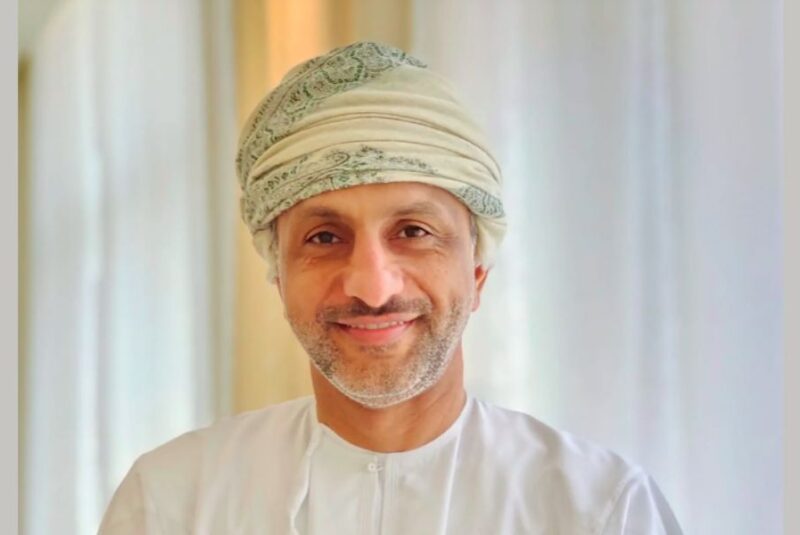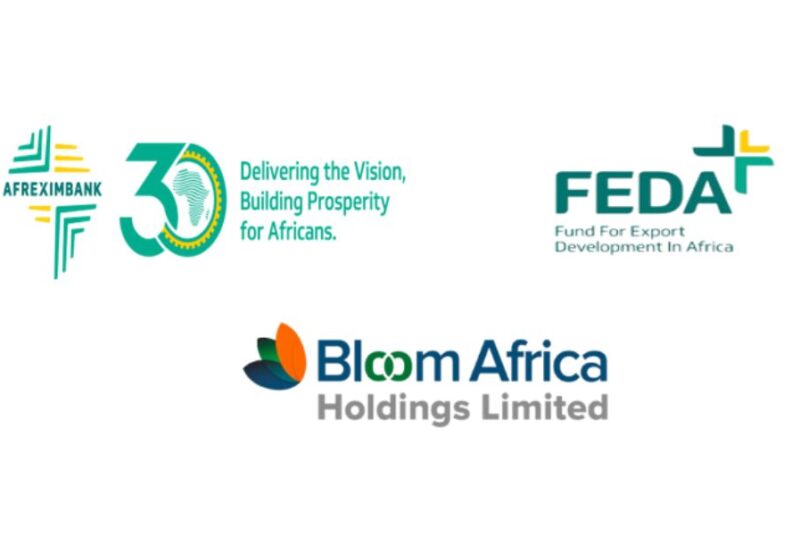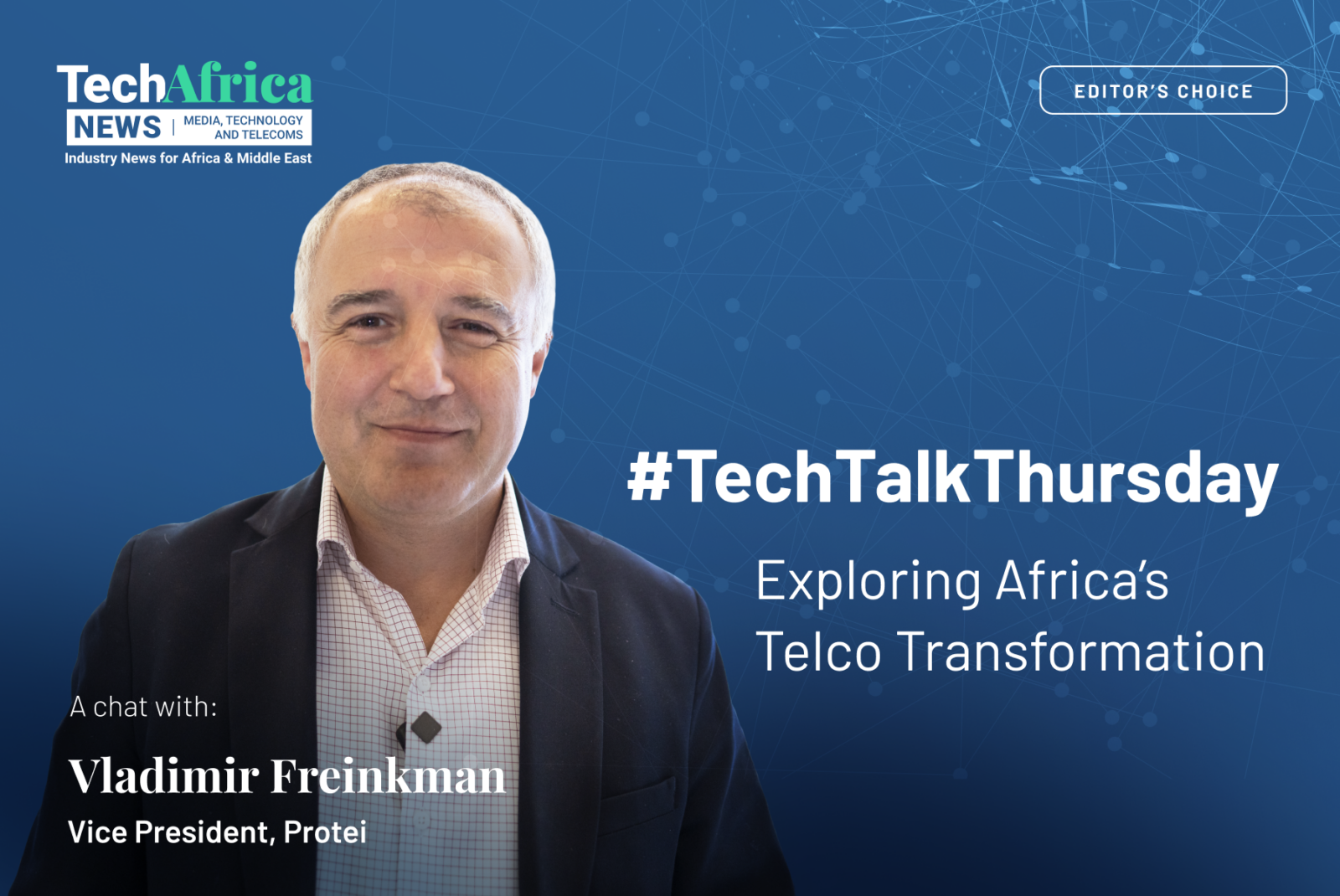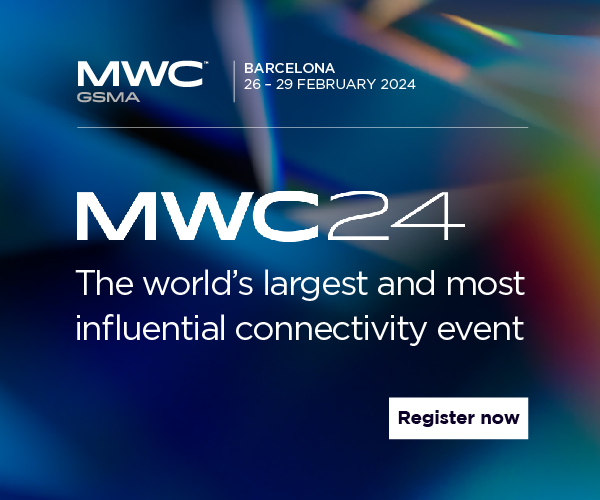Despite a rise in the total number of transactions, the total value of month-on-month mobile money transactions decreased during the same period. Indicating a higher frequency of smaller value monetary exchanges as economic activity both at home and abroad suffered due to coronavirus.
In Somalia, mobile money is an essential component of the country’s economic infrastructure. With transactions totally approximately $2.7 billion a month according to the World Bank
Before the COVID-19 outbreak, mobile money penetration in Somali urban centres stood at over 80%. Even in rural Somalia, mobile money penetration rates stood at around 55%. A World Bank report published in 2018 found that almost three-quarters of the Somali population aged 16 and older use mobile money. By comparison, in Nigeria, the continent’s largest economy, only 39.7% of adults had mobile money accounts in 2018.
Mobile money remains one of the most vital pieces of infrastructure for a functioning Somali economy, and is relied upon by Somali citizens, businesses and aid organisations alike.
Hormuud’s CEO Ahmed Mohamud Yuusuf
“The pandemic has shown the importance of mobile money infrastructure in enabling normal day to day operations during a turbulent time. The digital adoption that we’ve seen within the country over the past 10 years has been incredibly important. It’s facilitated enterprise and is the foundation for remittances, which makes up some 23% of Somali GDP,” he added
Globally, the COVID-19 pandemic and the subsequent lockdowns have caused a plummet in remittance payments. This is reflected in an exclusive report (attached) from leading UK Somali non-profit organisation – The Anti-Tribalism Movement (ATM).
The report reveals remittances to Somalia have plunged as the COVID-19 pandemic hits the Somali diaspora. A quarter of remittance payments from British Somalis have dropped to zero. At the same time, nearly 80% of respondents stated that dependents could no longer buy essential items, with some 38% unable to buy food.
Remittances act as a vital lifeline for many in Somalia. Specifically, the UN estimates there are currently 2.6 million Internally Displaced Individuals (IDPs) based in Somalia. For these 2.6 million, mobile money is vital to receive aid and ensure that COVID-19 is not spread throughout the heavily populated camps. The world Bank estimates that within Internally Displaced People (IDP) camps, penetration rates are at a similar level at 72%.
Raho Mohamed, a female IDP living in Mogadishu, said on mobile money usage: “To be honest, I buy almost everything with EVC. Walking around with Somali shilling is not practical and having dollars on you creates an unnecessary situation I’d personally like to avoid if you know what I mean. It has liberated me and my young family. I don’t have to be worried about being robbed of my hard-earned money and the support we received from family and friends. If I lose my phone or stolen, I can just go to Hormuud and my account is easily recovered.”
“We have been hearing that touching cash was one of the causes that spread the decease. So we avoided touching cash completely and stuck to using EVC only.”
We are proud to provide the financial platform that underpins the humanitarian activity in Somalia. We truly believe that the entire country deserves the right to be financially included and have access to a mobile money account. It’s our aim to take the mobile money penetration rate within Somalia to 100%.
Hormuud’s CEO Ahmed Mohamud Yuusuf











